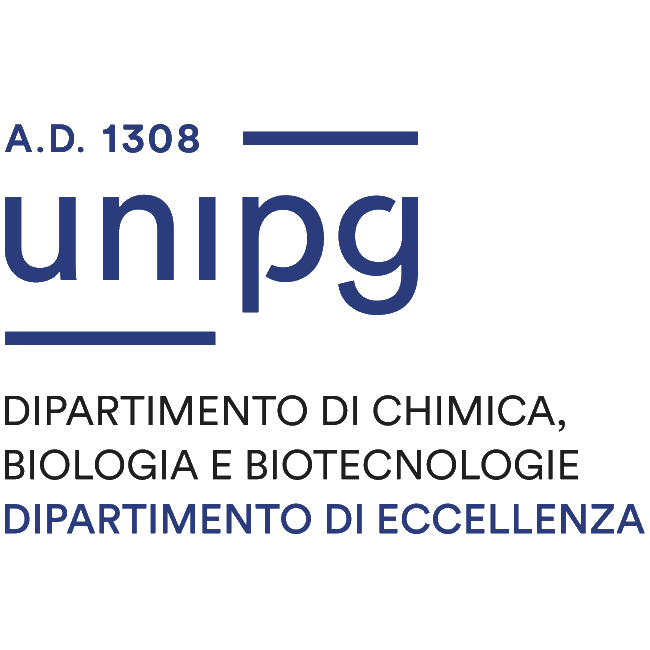Among the main challenges that contemporary society faces, the well-being of humans in harmony with the preservation of the natural environment plays a central role, also in relation with the need to preserve the full functionality of ecosystems and ensuring the essential services they provide both in the present and in the future. Within this framework, the Ph.D. program in Biological and Natural Sciences aims to provide in-depth theoretical and practical expertise in the field of life sciences related to humans and the environment. Specifically, the program is structured into two curricula: one focused on studying the key vital processes underlying human well-being and health, such as nutrition, cell communication, inflammation, cellular regeneration, and differentiation (Curriculum: Vital Processes and Human Well-being); the other dedicated to studying the physical, chemical, and biological processes that regulate the interaction of animal and plant organisms with their environment, also with the purpose of providing analytical and intervention tools for the management of conservation issues and the sustainable use of biodiversity (Curriculum: Organism-Environment Interaction).
PhD course aims
The educational and scientific activities included in the program aim to train internationally qualified research doctors capable of independently developing, proposing, and conducting original research projects in the most advanced areas of basic biological and naturalistic disciplines. All of this is done to ensure the well-being of organisms and the functionality of ecosystems, enhancing quality and safety in human-environment interactions.
In particular, the curriculum "Vital Processes and Human Well-being" aims to train young researchers capable of developing and applying innovative and complex methodologies, including biotechnological ones, to address the most advanced aspects of basic biological disciplines. This involves conducting independent and original research supported by the expertise of the teaching staff (doctoral board) of the PhD.
Similarly, the training of Ph.D. students in the "Organism-Environment Interaction" curriculum will enable them to autonomously carry out fundamental or applied research projects in the most advanced fields of animal and plant biology and ecology, as well as in the management and conservation of natural resources. This will be accomplished with the help of the scientific and cultural competencies of the board members of the PhD.
Additional objectives of the Ph.D. program as a whole include:
Promoting collaboration between research institutions, advanced training schools, public and private companies in the field of biological and natural sciences. This is also aimed at facilitating the entry of Ph.D. graduates into leadership and coordination job positions.
Promoting the internationalization of research through mandatory stays abroad for Ph.D. students, establishing and implementing international scientific collaborations, involving foreign teachers, and recruiting non-Italian Ph.D. candidates.
A fundamental and central element of the doctoral training path is involvement in experimental research activities. Ph.D. students will dedicate full time to their research projects, providing critical and active contributions, thereby achieving scientific and managerial autonomy.






